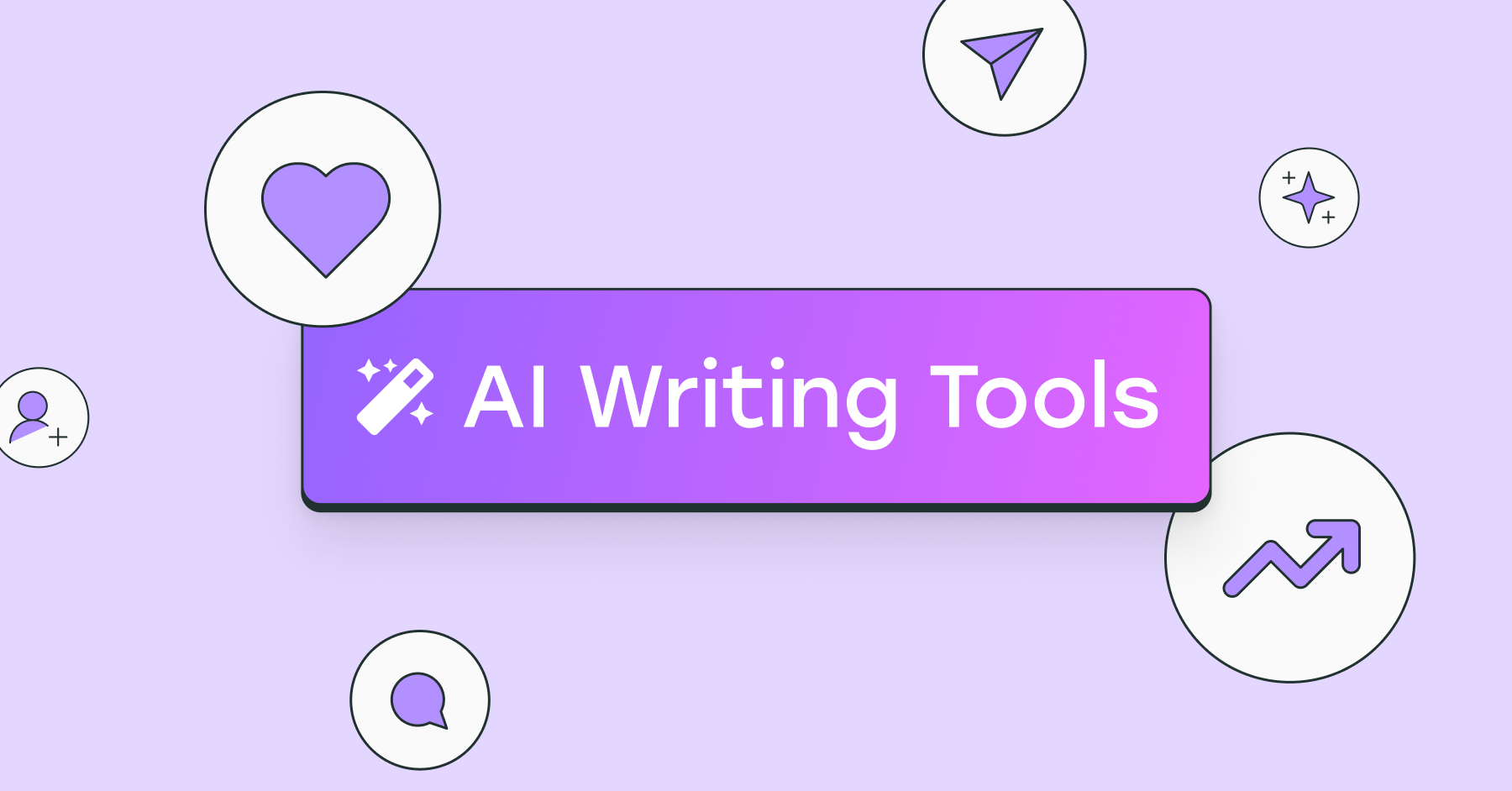
I’m an Introvert With High-Functioning Anxiety — Here’s How I’ve Grown My Business
With so many founders who seem calm and charismatic, Ashima Sharma wasn’t sure if she’d be able to start a business as an introvert with anxiety. Here’s how she pushed past her doubts to succeed.

Founder of Dreami
For most of my life, I never thought I would be a business owner.
For starters, both of my parents started businesses, and I saw firsthand the emotional and financial toll it could take. But I was also an introvert who struggled with anxiety. All of the founders I saw were confident and charismatic, seemingly able to calmly handle every business challenge that came their way and pitch their business on a whim to any stranger they met.
Plus, when you’re dealing with anxiety mixed with introversion, you tend to talk yourself out of the risky moves and bold decisions that are often required to succeed in growing a company. It felt like starting a business would be even more of an uphill battle for me than it is for most.
But then I had the spark of inspiration that starts every entrepreneur’s story—the idea I just couldn’t get out of my head, the vision for the impact I wanted to make on the world. I had struggled so much with finding mentors through the various stages of my career, and I wanted to build a platform to make this powerful development tool easier for anyone to access, Dreami.
Around the same time, I was doing a lot of self-reflection around where I was in my life and my career. I suddenly felt this urge to step away from all the mental limitations I had and step into a more limitless version of myself—which is actually what my name means in Sanskrit: limitless. I wanted to embrace and honor my personality as much as I could, without letting it hold me back from taking steps that would make my life more fulfilling.
I had my vision and the fuel to drive me forward: Now, here’s how I actually overcame my challenges to get my company off the ground, land our early customers, and even get into a competitive accelerator.
Here's what fuels us, even when it's tough: we have the unique ability and opportunity to truly make a life-changing impact on someone's life. That is a privilege, and we won't take that for granted. #startups #mentorship
— Dreami (@JoinDreami) March 31, 2022
I started small to build my confidence
In the beginning, when I was just getting comfortable with the idea of being a founder, I spent a lot of time in Clubhouse rooms. In theory, this was the perfect platform for an introvert like me. The whole point of the app is to make the facilitation of conversation easier, and I already knew I had an interest in common with everyone in the room. I also didn’t have to show my face and could even have notes in front of me if need be.
Best of all, I was listening to all of these conversations that would be perfect for getting the word out about Dreami: women in tech opening up about how they feel unsupported and don’t know where to look for help.
But no matter how many times I found my finger hovering over the mute button, my crippling anxiety stopped me from pushing it. Who was I to say I had a solution? Where were my qualifications? What would others think of me? While anxiety was pestering me from one shoulder, frustration was shouting from the other. How could I keep letting great opportunities slide? Other people would love a forum to talk openly about what they’re working on!
Finally, frustration won, and I wrote down in my planner a small goal that day to speak up in just one Clubhouse room. It went great! The positive feedback and new followers I got from that pushed me to speak up more, and the ball was rolling. It’s not that every speaking gig from that moment went swimmingly, but I understood the power of putting my voice out there. And I had the practice and confidence to say yes when bigger opportunities came my way, like speaking at TEDx and pitching my company to the Techstars accelerator.
I built habits to support my mental health
Even with practice putting myself out there, sales were never going to be easy for me. My introversion made constantly being on sales calls very draining on my energy, and my anxiety made me take every conversation that didn’t end in a “yes” personally. I would sometimes have days when I couldn’t get anything else done because my self worth was deflated by a rejection or lack of response, and I was ruminating on what I could have done better.
I knew this wasn’t a good cycle and that it would lead to demotivation or burnout fast. But I also knew that sales is a numbers game, and that if I wanted to get us those early customers (to eventually be able to hire someone to delegate sales to), I’d have to find a way to make it work. While I worked internally on separating my self-worth from the success of my business, I also implemented some external habits to better take care of myself.
I started by batching all of my sales calls at the tail end of the week, giving myself a few solitary days to get strategic work done before any conversations wore me out or knocked me down. Since this would lead to long days of back-to-back calls, I also worked with a coach to figure out how to care for my energy. She recommended leaving enough time between meetings to do something that recharges me: write in my planner, do a short meditation, or take a walk around the block. I’ve been shocked by how big of a difference even just five to ten minutes of “me time” between calls makes.
Ultimately, I think this need to be extremely intentional with my time and energy has actually turned out to be a superpower as a founder. Whereas other business owners may spend years figuring out their time management, it was an immediate necessity for me that came pretty naturally.
I found mentors like me—and mentors who could push me
At Dreami, we always talk about building your personal board of directors—multiple mentors who bring different things to the table. When seeking other business owners to learn from, I found it helpful to take a similar approach, with a mix of introverted and extroverted mentors to help me both work with and push past my personality.
For instance, my introverted mentors have helped me become more comfortable with saying no to meetings that don’t drive my business forward (even when it feels tempting to say yes) so that I can preserve my limited energy for the most impactful tasks. They’ve also taught me that it’s okay to be upfront about my anxiety or introversion. I always felt like it was something I had to hide, but I’ve been shocked by how understanding people are when I’m clear about the boundaries I need because of my personality.
My extroverted mentors, on the other hand, give me something to aspire to. Every time I have a big meeting or speech, I envision the extroverted leaders I admire and try to embody their energy. Suddenly, I find my anxiety abating, my voice coming out a little stronger, and my presentation becoming more engaging. It’s a weird trick, but I swear it’s what got me through the final pitching process to get into Techstars, and it’s helped me every time since when I’m feeling nervous before a crowd.
I know this all sounds like a real fake-it-til-you-make-it story, but I won’t sugarcoat it: There are still hard days where my introversion is making me hesitate or my anxiety is throwing me into a spiral. But, with time and some smart techniques, I’ve learned how to bounce back from these moments faster. And, more importantly, I believe they don’t have to hold me back from succeeding in business.
Try Buffer for free
180,000+ creators, small businesses, and marketers use Buffer to grow their audiences every month.
Related Articles

I work and create content full-time – here's the system that helps me keep showing up.

I’ve put dozens of AI writing tools to the test — here's a deep dive into my favorite AI writing generators and who I think they’ll be most useful for.

I recently attended SXSW London – here are my top insights for creators.